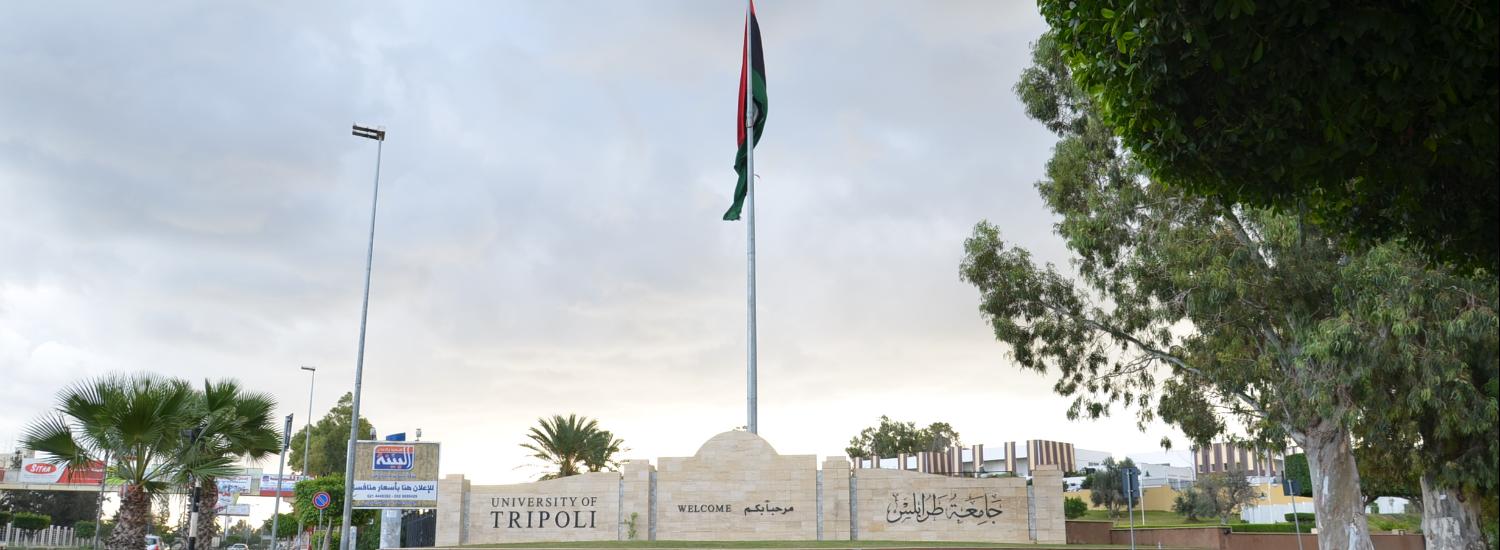Faculty of Medical Technology
More ...About Faculty of Medical Technology
Facts about Faculty of Medical Technology
We are proud of what we offer to the world and the community
13
Publications
93
Academic Staff
38
Students
37
Graduates
Programs
Who works at the Faculty of Medical Technology
Faculty of Medical Technology has more than 93 academic staff members

Mr. EMAN MOHAMED T NAAS
Department of Dental Technology - Faculty of Medical Technology

Mr. ِAUSAMAM AMHAMED MOHAMED HWETA
General Stage Department - Faculty of Medical Technology

Dr. Mahmoud M AB Ashawesh
Medical Laboratory Science Department - Faculty of Medical Technology

Dr. Basem Mabruk M. Rajab
Medical Laboratory Science Department - Faculty of Medical Technology

Dr. Basem Mabruk M. Rajab






